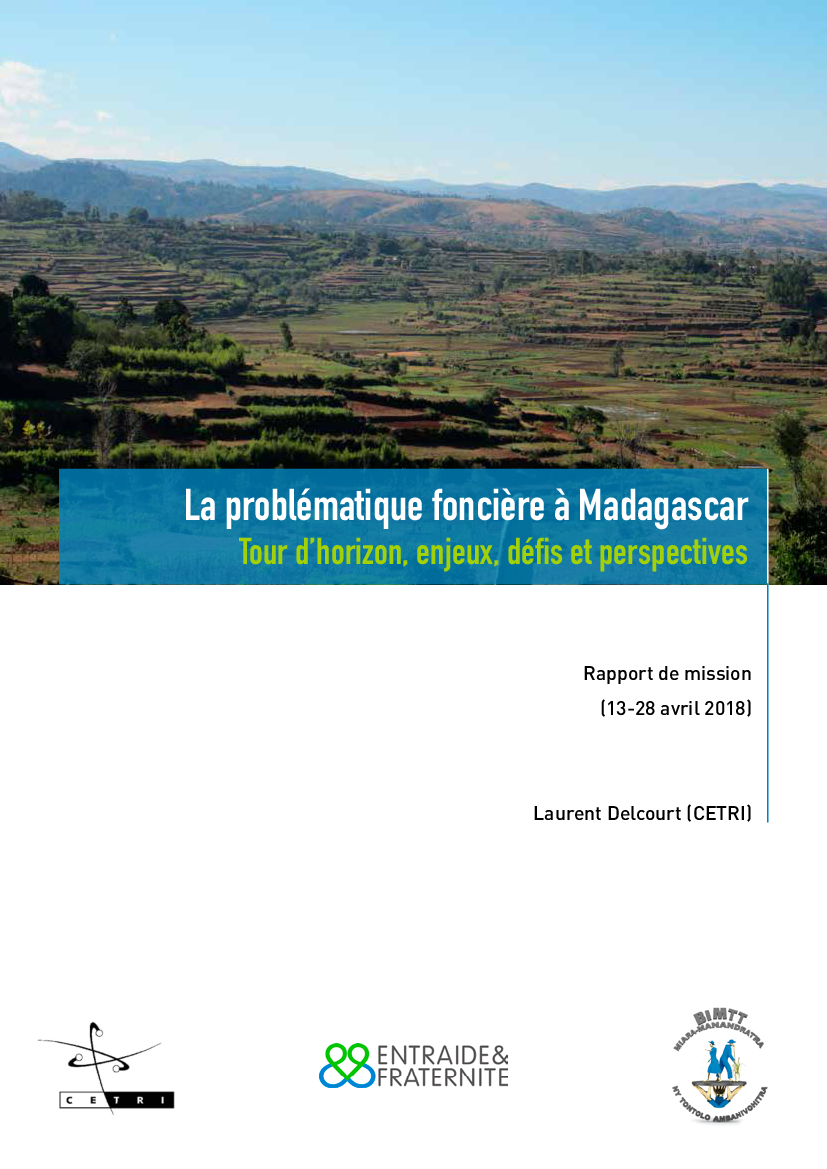inversiones en tierras
AGROVOC URI:
Logging in Muddy Waters: The Politics of Forest Exploitation in Cambodia
"Logging in Muddy Waters" analyzes the boom in forest exploitation that characterized the 1990s in Cambodia, focusing on the instrumentalization of disorder and violence as a mode of control of forest access and timber-trading channels. The article examines tensions existing between the aspirations of Cambodians for a better life, the power politics of elites, and the hope of some in the international community for a green and democratic peace.
Uneven Development: Nature, Capital and the Production of Space
WEBSITE INTRODUCTION: In Uneven Development, a classic in its field, Neil Smith offers the first full theory of uneven geographical development, entwining theories of space and nature with a critique of capitalist development. Featuring pathbreaking analyses of the production of nature and the politics of scale, Smith's work anticipated many of the uneven contours that now mark neoliberal globalization. This third edition features an afterword updating the analysis for the present day.
Re-encountering resistance: Plantation activism and smallholder production in Thailand and Sarawak, Malaysia
The emergence of social and environmental movements against plantation forestry in Southeast Asia positions rural development against local displacement and environmental degradation. Multi-scaled NGO networks have been active in promoting the notion that rural people in Southeast Asia uniformly oppose plantation development. There are potential pitfalls in this heightened attention to resistance however, as it has often lapsed into essentialist notions of timeless indigenous agricultural practices, and unproblematic local allegiances to common property and conservation.
Women, Food and Land: Understanding the impact of gender on nutrition, food security and community resilience in Lao PDR
ABSTRACTED FROM EXECUTIVE SUMMARY: This report highlights important dimensions of food security in rural Lao PDR, including: the different gender roles in agriculture; reliance on community-level social cohesion as both a coping mechanism and means of livelihood; and the ongoing challenge of shifting rural livelihoods from a subsistence basis towards market-orientation. The findings of this report give a snapshot of rural livelihoods and practice.
Manual on Implementation of Order 01 dated 07 May, 2012 On Measures Strengthening and Increasing Effectiveness of ELC Management
On the basis of the policy on strengthening of the land management, distribution and use stipulated in the Rectangular Strategy, the 2ndPhase of the RGC and also on the basis of the plenary session of the Council of Ministers dated 27 April 2012, especially seeing the need and urgency ahead in order to equity, strengthen and increase the effectiveness of ELCs Management the RGC issues the order for ministries, institutions and competent authorities concerned to implement as follows:
The Political Economy of Myanmar’s Transition
Since holding elections in 2010, Myanmar has transitioned from a direct military dictatorship to a formally democratic system and has embarked on a period of rapid economic reform. After two decades of military rule, the pace of change has startled almost everyone and led to a great deal of cautious optimism. To make sense of the transition and assess the case for optimism, this article explores the political economy of Myanmar’s dual transition from state socialism to capitalism and from dictatorship to democracy.
Accelerated deforestation driven by large-scale land acquisitions in Cambodia
Investment in agricultural land in the developing world has rapidly increased in the past two decades. In Cambodia, there has been a surge in economic land concessions, in which long-term leases are provided to foreign and domestic investors for economic development. More than two million hectares have been leased so far, sparking debate over the consequences for local communities and the environment.
Resistance to Land Grabbing and Displacement in Rural Cambodia
In rural Cambodia indiscriminate, illegitimate and often violent land grabs in the form of Economic Land Concessions (ELCs) have triggered myriad local responses by peasants facing evictions from private and communal lands. Drawing on fieldwork in Kratie and Koh Kong provinces, this chapter looks at the various forms of local resistance to government-sanctioned dispossession and displacement and discusses their effectiveness in bringing about socio-political and institutional change.
Transnationalization of Resistance to Economic Land Concessions in Cambodia
The granting of economic land concessions (ELCs) over large parts of Cambodia has begun to attract global attention. It has also become a key focal point for civil society mobilization in Cambodia as well as for transnational activism directed at targets both within and outside Cambodia.
Land-based climate change mitigation, land grabbing and conflict: understanding intersections and linkages, exploring actions for change
Recent research highlights the potential for climate change mitigation projects and large-scale land deals to produce conflicts over land and resources. However, this literature generally views climate change policies and land grabbing as separate processes, and focuses on discrete areas where displacement or contested claims occur. We argue that additional research strategies are needed to understand the social and ecological spill-over effects that take place within larger areas where land-based climate change projects (e.g.
Concessions in Cambodia: Governing profits, extending state power and enclosing resources from the colonial era to the present
ABSTRACTED FROM CHAPTER INTRODUCTION: In Cambodia, the notion of concession (sambathian) traces back to the French colonial period when concessions were introduced to allow for large scale management and exploitation of forest and fisheries resources and the development of agricultural land under plantations. Since their inception, concessions have been much more than a tool for natural resources management; they also function as a central instrument in power and governance systems. In this chapter we focus on forestry and land concessions.


